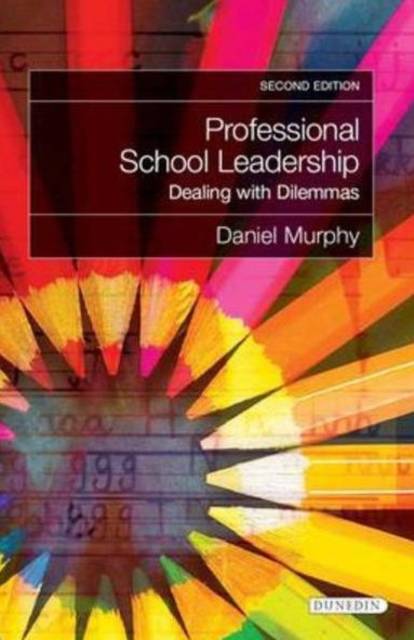
- Retrait gratuit dans votre magasin Club
- 7.000.000 titres dans notre catalogue
- Payer en toute sécurité
- Toujours un magasin près de chez vous
- Retrait gratuit dans votre magasin Club
- 7.000.0000 titres dans notre catalogue
- Payer en toute sécurité
- Toujours un magasin près de chez vous
Description
The ideal school leader is often portrayed heroically, as someone who is able to drive forward an agenda of change and improvement whatever the challenges. Yet the experience of school leadership is more complex. School leaders often find gaps between their aspirations and the tensions and moral uncertainties of the job, leading to high levels of personal and professional stress. These tensions arise between individuals and groups within plural school communities whilst the competing priorities set for the education system by its political masters are exacerbated by the competing values and interests found in our complex societies. In schools, this gives rise to specific and unavoidable dilemmas which affect individuals deeply, dilemmas which can occur on a daily basis.
Daniel Murphy uses this concept of dilemmas to rebalance our understanding of the work of school leaders. The perspectives of three disciplines, psychology, politics and ethics are brought to bear on the dilemmas; this perspective offers a fuller analysis of what is at stake. It provides those on leadership training programmes with a broad understanding of factor which contribute to the experience, as well as the aspiration, of leadership. The book also offers important insights into what the dilemmas tell us about the character of all public service in complex plural democracies. Such analysis is often a necessary first stage in facing up to difficult dilemmas. The book concludes with a toolkit which can be used by school leaders in such situations, together with some worked examples.
Dealing with Dilemmas has proved of considerable use to school leaders and those training for leadership roles in schools and education administration. Research reveals that these dilemmas are experienced by school leaders across the globe. In this substantially amended and enlarged new edition, updated information, new case studies (16 in all), research references and practical insights provide further assistance to school leaders and administrators who face these complex realities in their daily work.
Spécifications
Parties prenantes
- Auteur(s) :
- Editeur:
Contenu
- Nombre de pages :
- 196
- Langue:
- Anglais
Caractéristiques
- EAN:
- 9781780460185
- Date de parution :
- 13-06-13
- Format:
- Livre broché
- Format numérique:
- Trade paperback (VS)
- Dimensions :
- 155 mm x 231 mm
- Poids :
- 317 g







